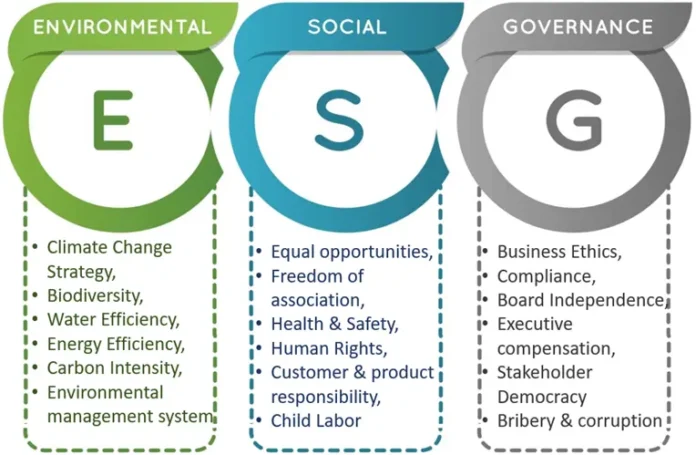As international buyers increasingly purchase from companies that demonstrate responsible practices—especially in capital-intensive industries like mining—Zimbabwean miners have been urged to urgently commit to sustainable mining practices through the adoption of ESG principles.
By Ryan Chigoche
This issue dominated discussions at the recently concluded Swedish-Zimbabwe Sustainable Mining Expo, where delegates deliberated on how they can collaborate to grow Zimbabwe’s mining sector sustainably.
This development comes as the mining industry faces a crucial moment, with international mineral buyers and companies opting to engage only with miners who incorporate environmental, social, and governance (ESG) reporting principles into their operations.
This shift in buyer preferences is placing increasing pressure on Zimbabwe’s mining sector to elevate its sustainability practices.
The country’s record in sustainable mining and social protections remains poor, a situation experts warn could threaten investments in capital-intensive sectors like mining.
Speaking at a panel discussion at the Swedish-Zimbabwean Sustainability in Mining Expo in Harare, Axcentium Zimbabwe Managing Partner Charity Mtwazi emphasized the urgent need for miners to adopt ESG principles.
“Globally, there is a drive to buy from sustainable operations. We have observed that this trend is also emerging in agriculture, where businesses prefer to engage with sustainable operations. They seek assurance of longevity in these operations.
“Buyers want to see responsible mining practices. This trend opens up more markets for companies, prompting them to consider which markets they want to access and the specific restrictions, laws, and regulations in those areas,” she explained.
This shift towards sustainability is also being driven by a growing demand for traceability. Companies are now carefully tracking the sourcing of minerals to ensure they are mined sustainably, engaging only with mining firms that meet rigorous ESG standards. Firms that fail to meet these requirements risk exclusion from global supply chains.
She further pointed out that businesses that prioritize sustainability not only attract conscientious clientele but also gain access to financial incentives.
“The availability of green finance globally is substantial, and businesses are increasingly evaluating their operations to determine if they meet sustainability criteria. This financing often comes at very low costs. Mining operations that embrace sustainability are witnessing a reduction in operational costs, which positively impacts their bottom line,” she added.
One of the most significant shifts in the industry is the growing emphasis on traceability. Companies are now meticulously tracking the sourcing of minerals to ensure they are mined sustainably.
This move is being driven by regulatory bodies, ethical consumerism, and international market demands. Miners are increasingly engaging only with firms that adhere to strict ESG guidelines. Those that fail to meet these requirements risk being excluded from global supply chains.
In addition to improving traceability, mining companies are adopting cleaner technologies and energy-efficient processes to reduce their environmental impact.
From rehabilitating mining sites to implementing stricter waste management protocols, firms are being held accountable for their environmental footprint. The push toward carbon-neutral mining operations is gaining traction, with many companies investing in renewable energy sources to power their operations.
Mtwazi noted, “The reality is that sustainable operations consider how mining and ore extraction are conducted, including power utilization, which has a direct impact on profitability.”
Beyond environmental concerns, social and governance factors are also playing an increasingly important role in ESG compliance. Companies are expected to engage with local communities and ensure that mining activities provide economic benefits rather than disrupt livelihoods.
Transparency in business practices, ethical labor standards, and community development initiatives are now essential for companies looking to secure international partnerships.
With growing scrutiny from investors, regulators, and consumers, ESG compliance is no longer optional but a necessity for mining companies.
As traceability standards tighten and sustainable sourcing becomes a prerequisite for trade, mining firms must proactively integrate ESG principles into their operations. Those who embrace this shift stand to gain a competitive advantage in an industry where sustainability is becoming the defining factor for long-term success.





